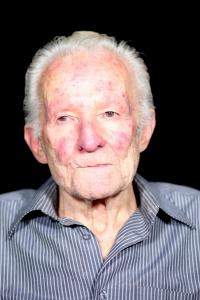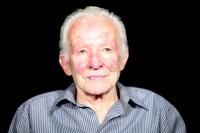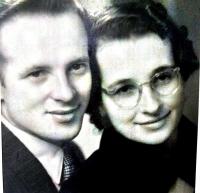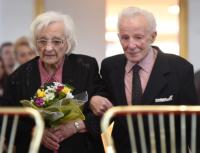A soldier shot my mum dead the last day of the war

Stáhnout obrázek
František Galas was born on 5 October 1920 in the village of Čeladná in the Beskydy mountains. He grew up in a wooden cottage in humble conditions. He trained to become a founder and then worked in the Vítkovice steel mills in Ostrava. In 1942, he was sent to forced labour in Germany. After receiving a message that his wife fell ill, he secretly escaped home. There, he received a warrant saying he had to return to Germany immediately. An acquaintance who worked at the labour office helped him obtain a certificate stating that he was ill. He pretended to have fever and eye inflammation. Eventually, he found a job in a mine and was able to stay in Ostrava because the miners were protected against forced labour. He and his wife witnessed the end of the war in Beskydy. On 8 May 1945, a tragedy occured - his mother was shot dead by a soldier who served under general Vlasov and was hiding from the Red Army soldiers. The family then went into conflict with the soldiers. After the war, he returned to the Vítkovice steel mills where he worked as a founder up until retirement.




